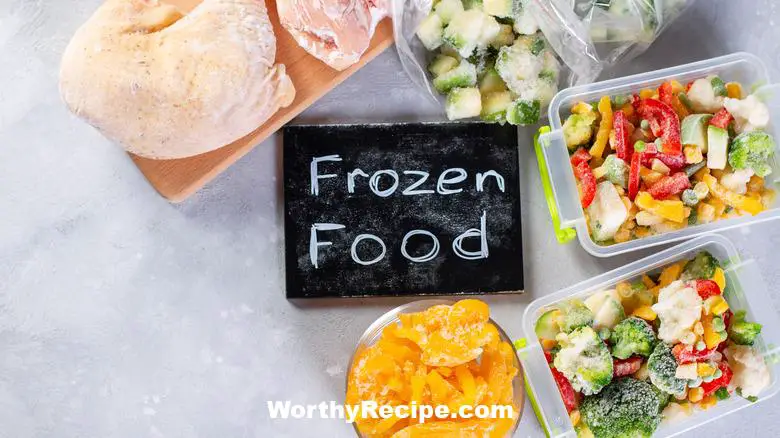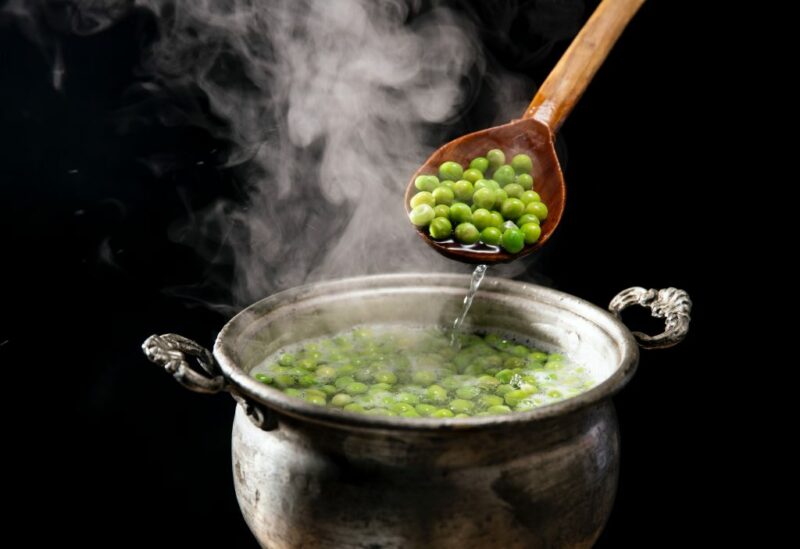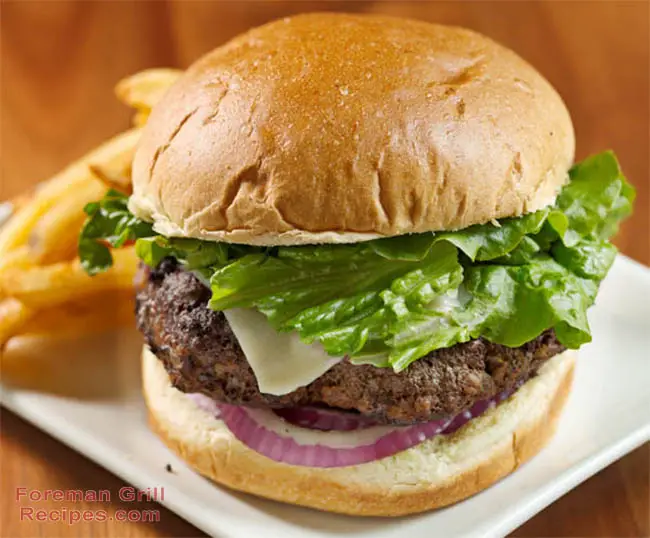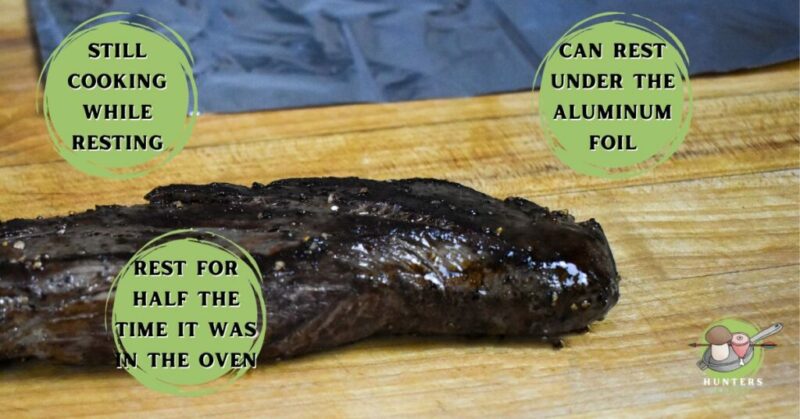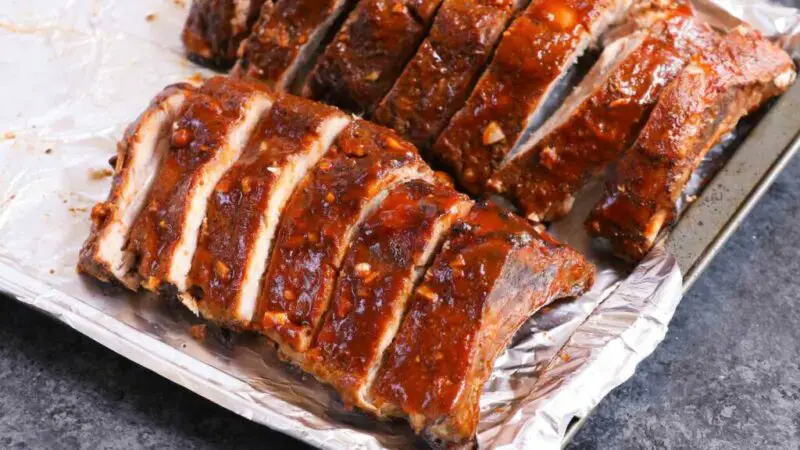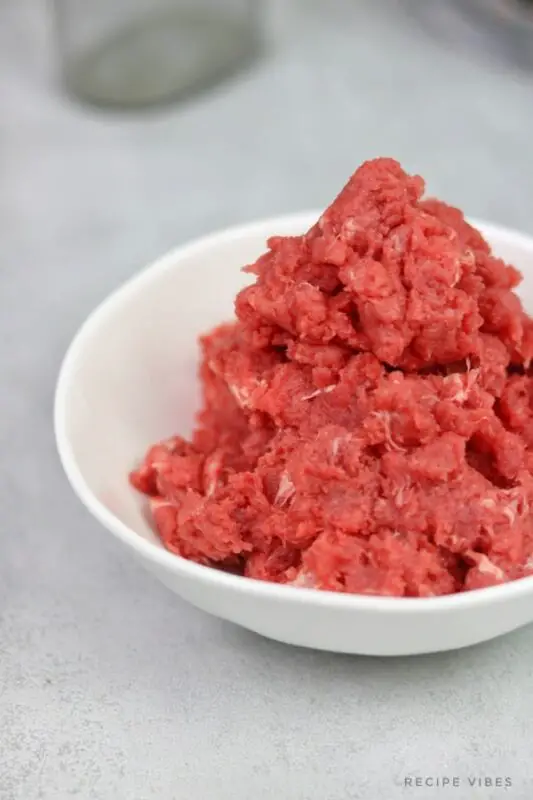Can You Refreeze Cooked Frozen Vegetables?
Frozen vegetables are a convenient and healthy addition to any meal, offering the nutritional benefits of fresh produce with added convenience. However, improper handling and storage of frozen vegetables can result in foodborne illness and potential nutrient depletion.
One common question that arises with frozen vegetables is whether or not it is safe to refreeze cooked frozen vegetables. The answer is not a straightforward one, as there are multiple factors to consider. In this article, we will explore the risks and benefits associated with freezing and refreezing cooked frozen vegetables, as well as provide tips on how to handle them properly.
Freezing and Storing Cooked Frozen Vegetables
Before we explore the topic of refreezing cooked frozen vegetables, let’s first examine the process of freezing and storing these veggies.
Freezing Cooked Vegetables
When you freeze cooked vegetables, the cells inside of them break down due to the expansion that occurs when water freezes. This process affects both the texture and color of the vegetable once it is thawed.
To freeze cooked vegetables properly, follow these steps:
- Allow the veggies to cool down completely at room temperature.
- Transfer them into airtight freezer bags or containers.
- Squeeze out all excess air from the bag or container to prevent freezer burn.
- Label each bag or container with the date it was frozen.
- Place the bag or container in a freezer set to 0°F (-18°C) or below.
Storing Cooked Vegetables
Once your cooked frozen vegetables have been properly sealed and labeled, it’s important to store them at an optimal temperature to maintain their quality.
Cooked frozen veggies can be stored in your freezer for up to eight months for best quality. However, they will remain safe to eat indefinitely as long as they have been frozen continuously at 0°F (-18°C) or below.
Reasons Why You Shouldn’t Refreeze Cooked Frozen Vegetables
While it may be tempting to refreeze cooked frozen vegetables to save money and reduce waste, there are several reasons why you shouldn’t.
Bacteria Growth
One major risk of refreezing cooked frozen vegetables is the potential for bacterial growth.
When frozen veggies are thawed, the moisture content within them creates conditions that allow bacteria to thrive. If these veggies sit at room temperature for too long before being refrozen, the increased bacteria levels can result in foodborne illness.
Nutrient Depletion
Another concern when refreezing cooked veggies is the depletion of nutritional value.
The process of freezing and thawing can cause significant changes to the structure of plant cells, potentially decreasing some of their nutritional content. When a vegetable is cooked, even more nutrients can be lost due to exposure to heat and water.
Textural Changes
In addition to the risks posed by bacterial growth and nutrient depletion, refreezing cooked frozen vegetables can also result in changes to textural properties.
Every time a vegetable is frozen and thawed, ice crystals form and melt, leading to a loss of texture and consistency. As a result, repeatedly freezing and thawing cooked veggies can cause them to become mushy or watery.
Can You Refreeze Cooked Frozen Vegetables Safely?
While there are several risks associated with refreezing cooked frozen vegetables, there are certain exceptions where it’s safe to do so.
When It’s Safe To Refreeze Cooked Veggies
It is generally considered safe to refreeze cooked veggies if they have been handled and stored safely.
To ensure that safety standards are met, consider the following tips:
- Make sure the cooked vegetables have been thawed safely in the refrigerator rather than at room temperature.
- Refreeze cooked veggies as soon as possible after they’ve been thawed.
- Store the cooked veggies in airtight, freezer-safe containers to prevent moisture and bacteria buildup.
- Label each container with the date it was thawed and refrozen.
Tips To Ensure Safety
When dealing with leftover cooked frozen veggies, it’s essential to use proper techniques to avoid compromising food safety.
One such technique is using cold water to thaw your veggies instead of heat. By submerging frozen vegetables in cold water, you can speed up the thawing process while also reducing the risk of bacterial growth.
How To Use Frozen Vegetables Properly
Whether you’re cooking up a quick meal or looking for an easy way to add nutrients to your diet, frozen vegetables can be a great option. Here are some tips on how to use them properly:
How Best To Defrost Freezer Burnt Veggies
Freezer burn is a common affliction in frozen foods that can cause discoloration, dehydration, and loss of flavor. While it doesn’t necessarily make your vegetables unsafe to eat, it can certainly affect their texture and flavor.
To defrost freezer burnt veggies, consider these techniques:
- If the freezer burn is mild, you can slice off the affected area before cooking.
- If the freezer burn is more severe, you may need to compensate for lost moisture by adding a bit of water or broth during cooking
- You can also try disguising the texture by pureeing the vegetables or adding them to casseroles or soups.
Cooking Frozen Vegetables
Cooking frozen vegetables is generally a simple process that can help you whip up a nutritious meal in no time.
Begin by bringing a pot of water to a boil, then add your frozen veggies and boil for about three to five minutes, depending on the type of vegetable. Alternatively, you can cook frozen vegetables in the oven by placing them on a baking sheet and roasting for approximately 25-30 minutes.
Food Pairings
Frozen vegetables can be paired with many different foods, making them an excellent addition to any meal. Consider these optimal pairings:
- Serve mixed veggies alongside grilled chicken or fish for a quick and easy dinner option.
- Add frozen broccoli or spinach to pasta dishes for an added boost of greens.
- Mix frozen corn into chili for added sweetness and nutrients.
Benefits Of Frozen Vegetables
If you’re looking for an easy way to eat healthy while sticking to a budget, frozen vegetables are an excellent choice. Here are some of the benefits:
Nutrition Content
Frozen vegetables offer virtually the same nutritional value as fresh produce, making them an excellent source of essential nutrients like vitamins A, C, and K, fiber, and minerals like calcium and iron.
Cost-Effectiveness
Frozen vegetables are generally less expensive than their fresh counterparts in the long run. While fresh produce may cost less at first glance, it’s important to consider waste and spoilage when comparing costs.
Convenience
One of the biggest benefits of using frozen vegetables is their convenience factor. With pre-washed and pre-cut options available at most grocery stores, frozen veggies take the prep work out of cooking and allow you to enjoy healthy meals without the hassle.
How To Deal With Leftover Cooked Veggies
If you find yourself with leftover cooked vegetables, it’s essential to handle them properly to reduce the risk of foodborne illness.
The Risks Associated With Storing Cooked Veggies
When storing and reheating leftover cooked vegetables, it’s crucial to be aware of the risks associated with bacterial growth.
Leftover veggies should be stored in airtight containers in the refrigerator and consumed within three to five days to minimize the risk of bacterial buildup.
How To Store Leftover Cooked Veggies
When storing leftover cooked veggies, consider these strategies for preventing bacterial growth:
- Store vegetables in airtight containers.
- Cool vegetables down before storing them in the refrigerator.
- Reheat leftovers thoroughly and discard any that have been left at room temperature for too long.
- Avoid refreezing leftovers if possible.
Conclusion
While it may be tempting to refreeze cooked frozen vegetables to save time and money, there are several reasons why you shouldn’t do so. By following proper handling and storage techniques for cooked frozen vegetables, you can reduce your risk of bacterial growth and nutrient depletion while still enjoying the convenience and nutritional benefits of frozen veggies.
Frequently Asked Questions
Can cooked frozen vegetables be refrozen?
Yes, cooked frozen vegetables can be refrozen if they were properly handled and stored. However, it is important to note that each time you freeze and thaw food, its quality deteriorates. Therefore, it is recommended to only refreeze cooked frozen vegetables once.
How should I store cooked frozen vegetables?
Cooked frozen vegetables should be stored in an airtight container or a resealable freezer bag to prevent freezer burn and moisture loss. Label the container with the date to help track the freshness of the food.
What is the best way to thaw cooked frozen vegetables?
The safest way to thaw cooked frozen vegetables is by using the refrigerator or microwave. Thawing at room temperature can promote bacterial growth and decrease the quality of the food.
What are some tips for safely handling cooked frozen vegetables?
When handling cooked frozen vegetables, always wash your hands before and after handling them. Use clean utensils and kitchen surfaces when preparing them. Make sure to cook them thoroughly before consuming to ensure that any harmful bacteria are destroyed.
